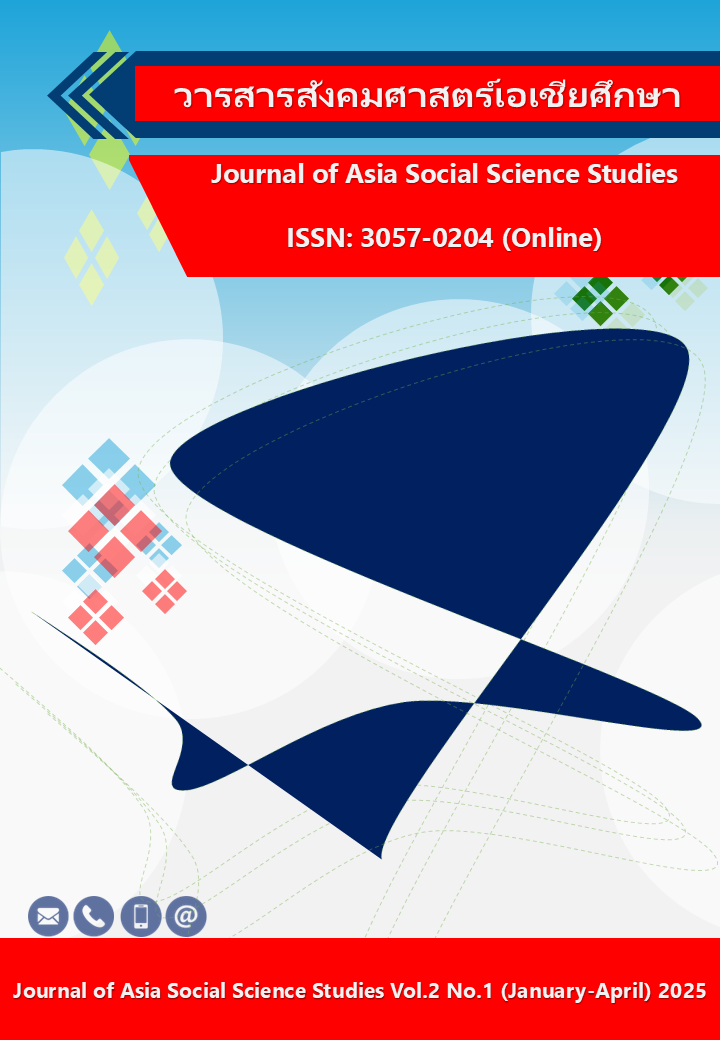Environmental Activism: Lessons from Young Activists for a Sustainable Future
Main Article Content
Abstract
This article aims to analyze environmental activism by young activists, focusing on their roles, strategies, and impacts at both local and global levels. It begins by discussing the significance of pressing environmental issues, such as climate change and pollution, which are urgent challenges affecting humanity today. The analysis is framed within social movement theories, including Resource Mobilization Theory, Framing Theory, and Political Process Theory, to examine the mechanisms of activism. The case studies presented include global movements such as Fridays for Future and Extinction Rebellion, alongside examples from Thailand, such as youth-led environmental movements and efforts to oppose environmentally damaging projects in local communities. Key lessons from young activists emphasize the use of social media to raise awareness, build transnational networks, and confront challenges such as political and social pressures. The article explores integrated dimensions of activism, including economic impacts, psychological dynamics, the role of digital technologies, and connections to other justice dimensions, such as gender equality and human rights. These discussions lead to policy recommendations that support sustainable activism and develop innovative approaches for structural change at the global level. The findings aim to provide an in-depth understanding of the roles of young activists within the context of environmental challenges, while also highlighting directions for future research to enhance the effectiveness and sustainability of environmental solutions.
Article Details

This work is licensed under a Creative Commons Attribution-NonCommercial-NoDerivatives 4.0 International License.


